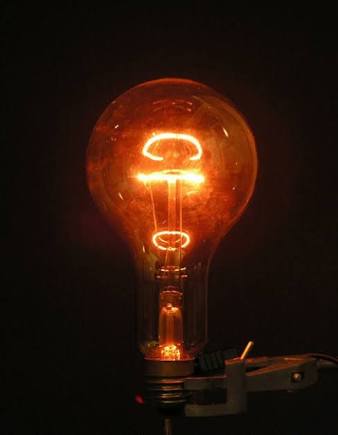ESKOM should be able to reduce their operating bill by up to R10 billion per annum says the Organisation Undoing Tax Abuse (OUTA), which Friday 17 November presented its case for a 0% electricity tariff increase for the 2018/19 period at the National Energy Regulator (NERSA) public hearings. This comes after ESKOM applied to NERSA for a 19.9% increase.
“In our request for NERSA not to grant approval for any electricity tariff increase, we sighted an ongoing decline in efficiencies, maladministration and corruption, combined with a lack of leadership accountability over the past decade, which had given rise to unwarranted increases for far too long,” said Wayne Duvenage, Chief Executive Officer at OUTA.
“We also believe that NERSA have not played their role as effectively as they ought to, when it comes to their role in restraining Eskom’s worsening inefficiency, mismanagement, maladministration and even corruption. We requested NERSA seek to instruct Eskom to introduce rigorous measurable improvements in controllable cost areas, whereby accountability can be placed onto Eskom’s leadership for future improvements in efficiency and corporate governance,” said Duvenage.
ESKOM should be able to reduce their operating bill by up to R10 billion per annum, if they focused on returning the productivity levels to where they ought to be over the next three years, Duvenage said. “We estimate that Eskom has approximately 15 000 excess manpower capacity which they should plan to remove from the organisation, if they want to be deemed as operating efficiently.”
Deficiencies in Eskom’s internal controls and auditing processes was likely to see a minimum of R300bn overspend on new build projects at Medupi, Kusile and Ingula combined.
“This is three times higher than the original bloated estimated provided in 2007. The time and cost overruns of these massive projects is simply being passed onto the consumer and we find this unacceptable,” Duvenage said.
OUTA says Eskom’s Regulatory Asset Base does not reflect Eskom’s economic reality.
“NERSA now needs to exercise a heavy-handed regulatory approach regarding Eskom’s Capital Projects overruns and demand that Eskom become extremely transparent and honest on all its operational expense reporting,” Duvenage said.
“We have also asked that NERSA questions and engages with National Treasury to phase out Environmental Levies applied to the cost of electricity, which is adding to the price pressure on the public.”
He said NERSA and the public had no ability to make constructive inputs and analysis of Eskom’s revenue application, if they were allowed to submit incomplete and outdated information. “This merely compromises the integrity of the regulatory process and NERSA should ensure that Eskom submits all the required information in terms of the MYPD Rules, to enable informed decisions on the proposed tariff increase.
“Unless we return the regulatory decision making process to being premised on the principle of economic realities and the affordability of electricity users, Eskom will continue to receive tariff hikes that will perpetuate this SOE to be inefficient and rampant with maladministration and corrupt conduct.”


